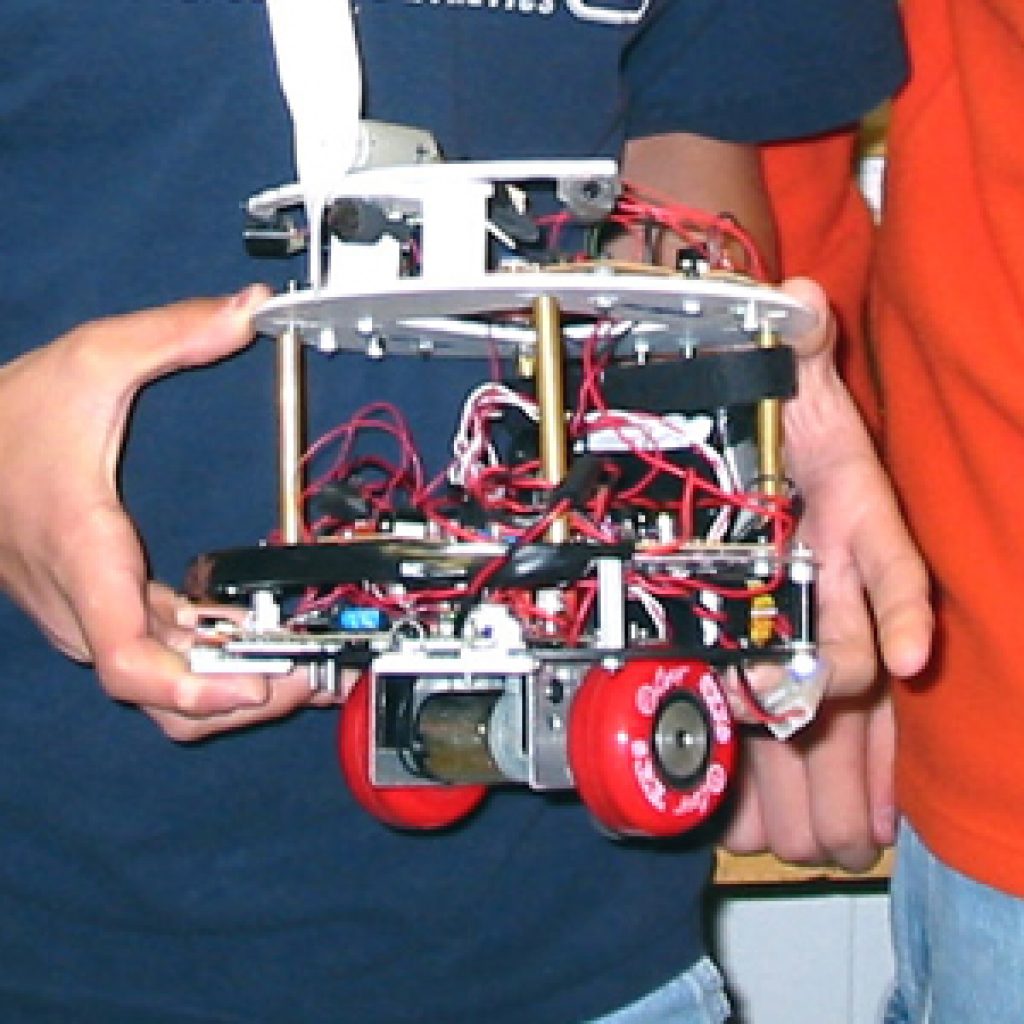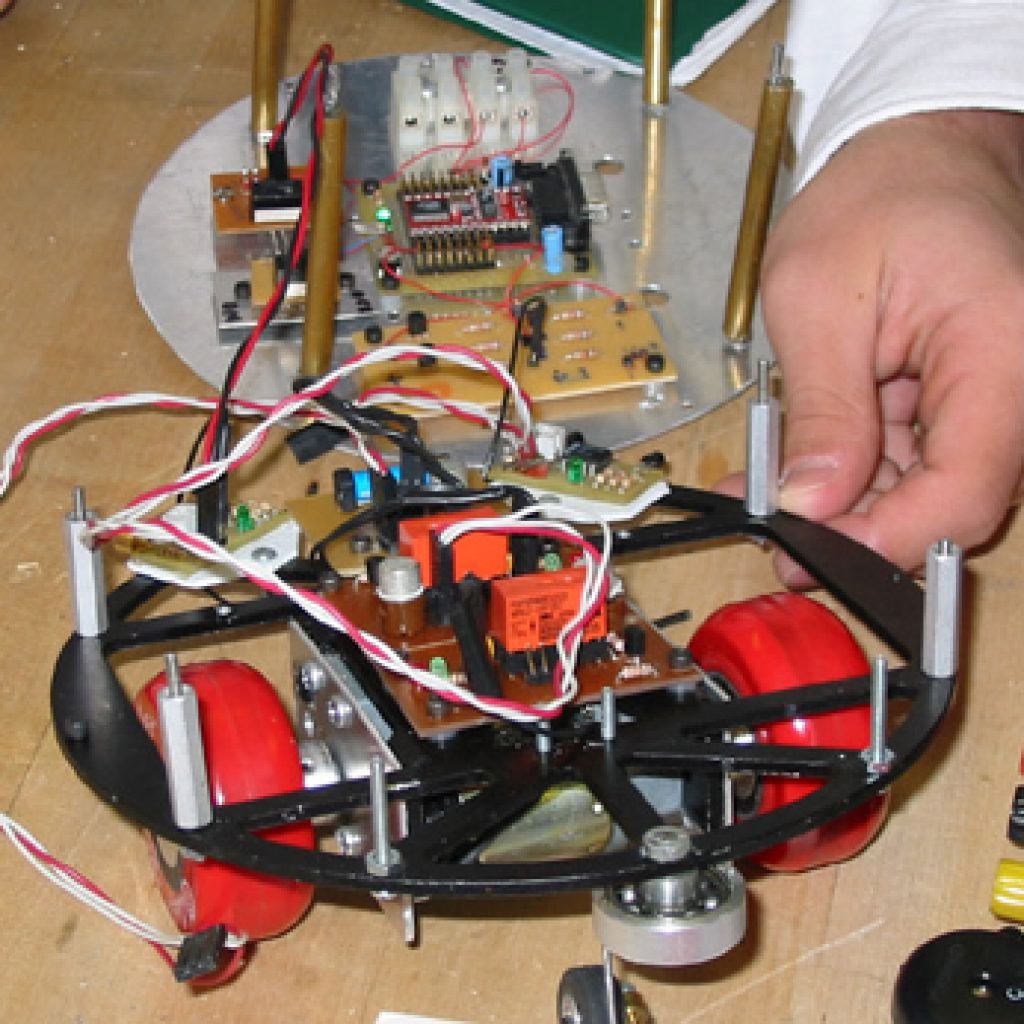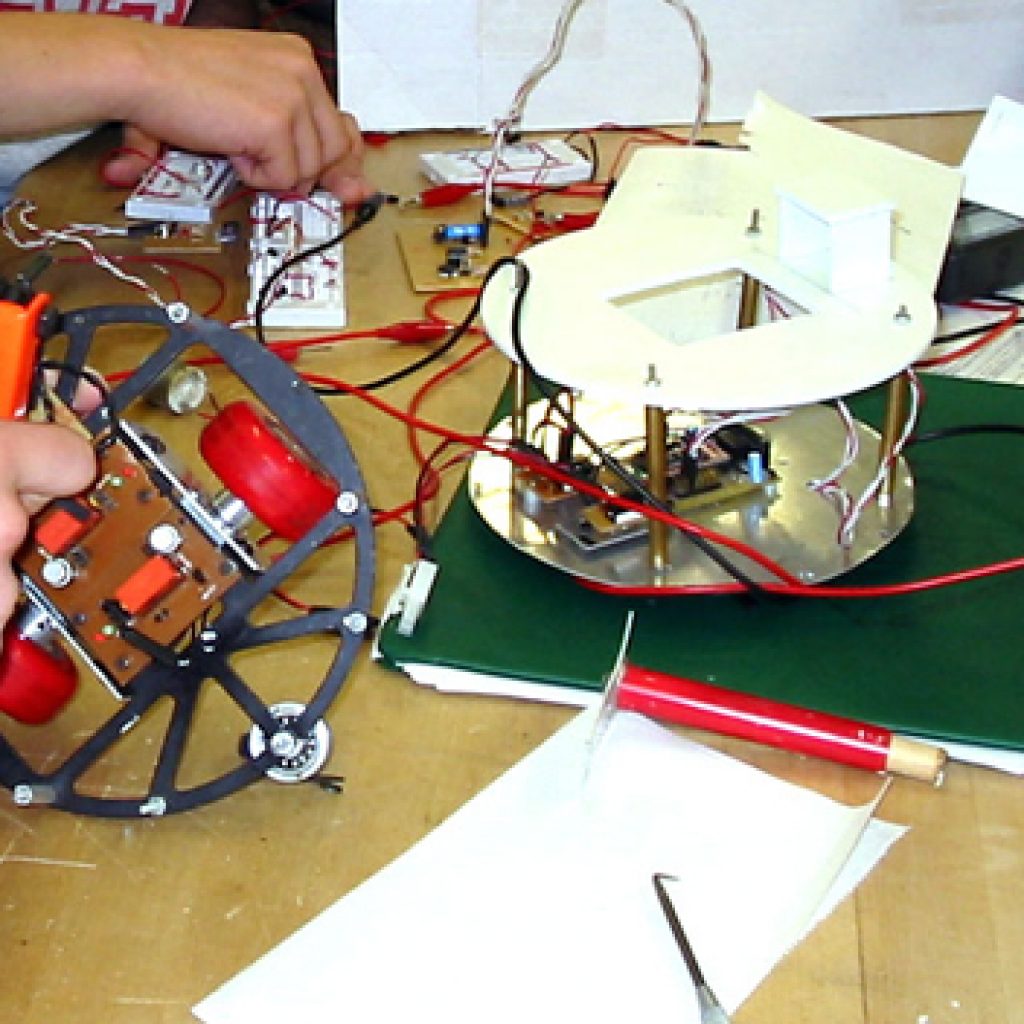On the future of education
It will be very different in 10 years. It is very different now.
 Pretty soon those backpacks carrying 100 lbs worth of textbooks will be replaced by one, 10.2 oz Amazon Kindle or even your iPod.
Pretty soon those backpacks carrying 100 lbs worth of textbooks will be replaced by one, 10.2 oz Amazon Kindle or even your iPod.
From Gizmodo:
iTunes U will be teaming up with universities and other education establishments to offer a free hosting service for educators.
As information continues to become more widespread and readily accessible, the question becomes, what value does a physical university really have?
If I can get the same education for free either on the Internet or through other distributed devices, why do I really need to be in a classroom, or furthermore, why do I even need to be in a University?
Students can take courses online and learn what they need to learn with companies like Phoenix, Kaplan, BigThink, Academic Earth and even YouTube (Dear Ambassadors and Respected Representatives of UW-Madison and Eduction).
The “Degree” is beginning to seem less and less valuable (in many cases, but not all) when you can learn what you want, when you want, where you want , and apply those lessons to real world applications. This to me, is infinitely more valuable than doing homework or taking tests in an insulated environment.
However, being in a physical university does have its advantages. You are surrounded with like-minded individuals and have a very good chance at meeting the right people, and creating some real value for the real world. Then again, can’t we just do that online?
“School Spirit Skit 2” – Kanye West (The College Dropout)
You keep it going man, you keep those books rolling,
You pick up those books your going to read
And not remember and you roll man.
You get that a sociate degree, okay,
Then you get your bachelors, then you get your masters
Then you get your master’s masters,
Then you get your doctron,
You go man, then when everybody says quit
You show them those degree man, when
Everybody says hey, your not working,
Your not making in money,
You say look at my degrees and you look at my life,
Yeah i’m 52, so what, hate all you want,
But i’m smart, i’m so smart, and i’m in school,
And these guys are out here making
Money all these ways, and i’m spended mine to be smart.
You know why?
Because when i die, buddy, you know
What going to keep me warm, that right, those degrees
I’m not suggesting students drop out of school. Just, reconsider HOW and WHERE you get your education and reconsider HOW and WHEN you apply what you’ve learned to the real world.
A fantastic piece was written yesterday in the NYTimes.com by Mark C. Taylor titled, End The University As We Know It. If you are going to read one thing today, please read this piece.
An excerpt from the piece:
GRADUATE education is the Detroit of higher learning. Most graduate programs in American universities produce a product for which there is no market (candidates for teaching positions that do not exist) and develop skills for which there is diminishing demand (research in subfields within subfields and publication in journals read by no one other than a few like-minded colleagues), all at a rapidly rising cost (sometimes well over $100,000 in student loans).
Widespread hiring freezes and layoffs have brought these problems into sharp relief now. But our graduate system has been in crisis for decades, and the seeds of this crisis go as far back as the formation of modern universities. Kant, in his 1798 work “The Conflict of the Faculties,” wrote that universities should “handle the entire content of learning by mass production, so to speak, by a division of labor, so that for every branch of the sciences there would be a public teacher or professor appointed as its trustee.”
Unfortunately this mass-production university model has led to separation where there ought to be collaboration and to ever-increasing specialization. In my own religion department, for example, we have 10 faculty members, working in eight subfields, with little overlap. And as departments fragment, research and publication become more and more about less and less. Each academic becomes the trustee not of a branch of the sciences, but of limited knowledge that all too often is irrelevant for genuinely important problems. A colleague recently boasted to me that his best student was doing his dissertation on how the medieval theologian Duns Scotus used citations.
Related articles by Zemanta
- Forget iTunes U: Students Now Getting College Credit via YouTube (readwriteweb.com)
- Hacking education: Google U (buzzmachine.com)

![Reblog this post [with Zemanta]](https://img.zemanta.com/reblog_e.png?x-id=ff59907e-6554-401c-bc8f-424ea2d79094)
![Reblog this post [with Zemanta]](https://img.zemanta.com/reblog_e.png?x-id=9efcea52-ea65-459a-acc8-5bd1256ad195)
![Reblog this post [with Zemanta]](https://img.zemanta.com/reblog_e.png?x-id=a7040a03-8dbc-4861-82ca-733456bbeb53)
![Reblog this post [with Zemanta]](https://img.zemanta.com/reblog_b.png?x-id=983e0916-658f-4815-9b49-2fe7cb0da456)
![Reblog this post [with Zemanta]](https://img.zemanta.com/reblog_e.png?x-id=82184201-7b6f-4936-bb78-e6a4feb26e30)


